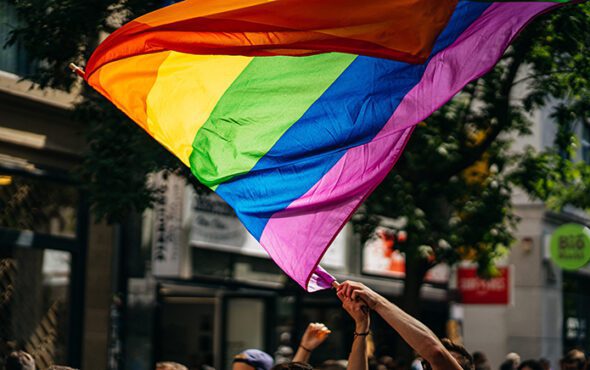
Estonia’s parliament has approved a law that will legalise same-sex marriage, making it the first central European country to do so.
The bill received 55 votes in the 101-seat parliament and will take effect in January 2024.
Prime Minister Kaja Kallas told Reuters that “it’s a difficult fight, but marriage and love is something that you have to promote” in central Europe.
“We have developed a lot in those 30 years, since we have freed ourselves from the (Soviet) occupation. We are equals among same-value countries.”
An opinion poll conducted in 2023 found that 53 per cent of Estonians are in favour of same-sex marriage, a number that was at just 34 per cent a decade ago.
Approximately 75 per cent also support anti-discrimination laws that protect LGBTQ+ people, while more than seven in 10 (71 per cent) showed their support for civil partnerships.
READ MORE: Estonia set to become first ex-Soviet state to back same-sex marriage
A total of 85 amendments will be made to the country’s Family Law Act and other legislation, which will see the words “man and woman” replaced with “two natural persons”.
“It is not an issue like it has been six or seven years ago”
As well as marriage, people will continue to be able to enter into a registered partnership in order to obtain support and benefits as needed.
Couples in such partnerships will be able to convert this into a marriage, should they wish to do so.
READ MORE: Here are the countries where same-sex marriage is legal
Speaking ahead of the legislation’s introduction, Lauri Hussar, the president of Estonia’s parliament, said same-sex marriage “is not an issue like it has been six or seven years ago”.
“And I think the mood has changed also, because of what happened in Ukraine, because the war brought us to the real problems and what is really important for us,” he told Lithuanian National Radio and Television (LRT). “It united us in helping Ukraine and also brought us to the roots of liberal democracy and therefore, I think it brought us to think about what is important for us as a society.”



